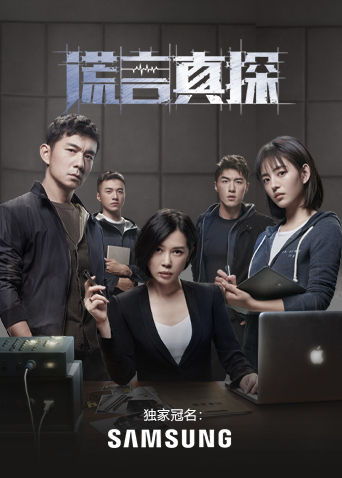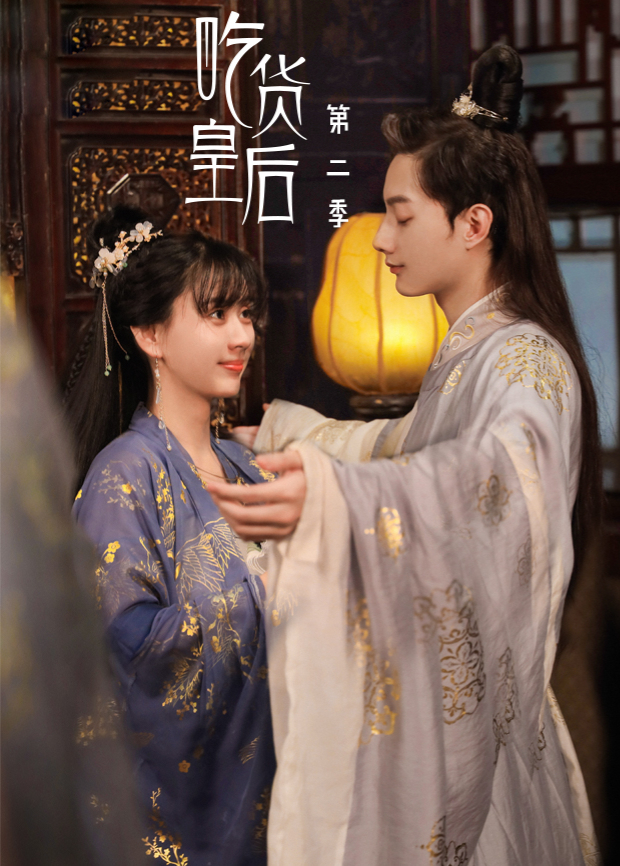事业和爱情,午夜是当代大龄青年的两大痛点!午夜面对事业挫折和长辈逼婚,影片主人公钟志远在事业上不屈不挠,终于事业从低谷中崛起。奋斗的男人是有魅力的,在挫折中不屈而努力有担当的钟志远收获了爱情。
午夜精品一区二区三区免费视频
事业和爱情,午夜是当代大龄青年的两大痛点!午夜面对事业挫折和长辈逼婚,影片主人公钟志远在事业上不屈不挠,终于事业从低谷中崛起。奋斗的男人是有魅力的,在挫折中不屈而努力有担当的钟志远收获了爱情。


回复 :1944年3月,世界在第二次世界大战中动荡不已,而与此同时,法国一个小乡村角落里的孩子们也开始了一场“战争”。一直以来,两个相邻村庄朗维村及伟恒村的孩子们冲突不断,但这一次,他们为“战争”想出了新的主意——孩子们决定互相争抢敌方身上的纽扣、鞋带、皮带等等,谁能先令对方赤身裸体被羞辱,谁就赢了。他们将这场战争命名为“纽扣的战争”。“纽扣的战争”只不过是孩子们的玩闹,谁赢谁输其实并不重要。而这时,村子里来了一位犹太裔少女紫罗兰(Violette),她令朗维村的“孩子王”勒布拉克(Lebrac)心动不已,只是少女究竟来自何方?她背后又隐藏着怎样的故事?
回复 :苏菲·特纳、杰克·休斯顿加盟影片《柏林,我爱你》,本片与《巴黎,我爱你》、《纽约,我爱你》同为“爱情城市”系列电影。影片由一系列短片构成,汤姆·范·阿维马特执导、苏菲·特纳与杰克·休斯顿主演的短片将于今夏在柏林开拍。本片导演还包括朱塞佩·托纳多雷、欧伦·穆弗曼等。
回复 :以色列裔法国女子安娜(Juliette Binoche 茱丽叶•比诺什 饰),自幼随父亲从法国回到以色列定居。父亲为了不忘记曾在法国土地上打拼的祖先,特别禁止安娜学习希伯来语。青春孟浪的安娜与以色列男子情愫暗生,并产下一女。然战争导致离乱,安娜无奈之下只得将女儿留在巴勒斯坦的犹太人隔离区,从此离开这个伤心之地。多年后,安娜的父亲病危,她得以返回以色列,并与同父异母的弟弟尤里(Liron Levo 饰)相见。从律师口中得知,安娜的女儿丹娜(Dana Ivgy 饰)仍生活在犹太人隔离区,祖孙早已相认,外公更是为这个孤独的外孙女留下一份遗产。思念女儿的安娜在尤里的帮助下,踏上了前往加沙的寻女之路……

